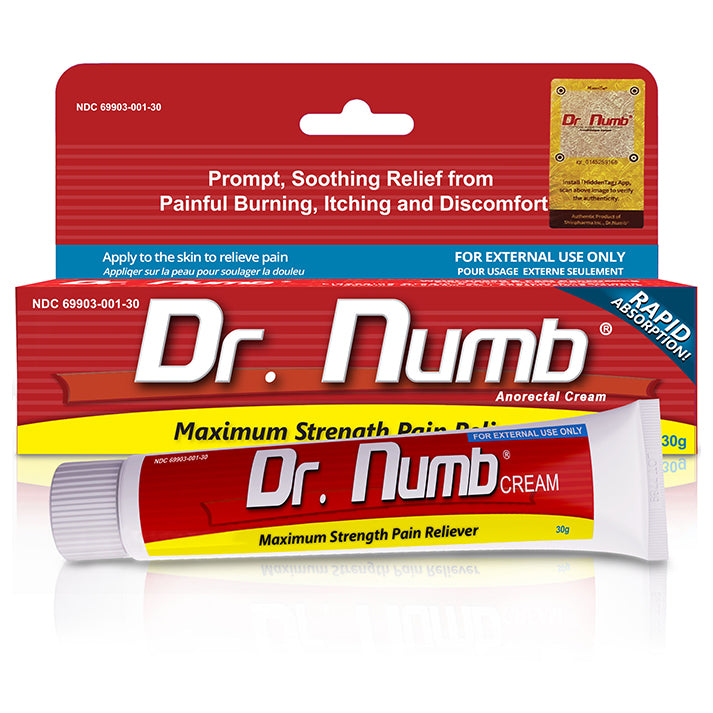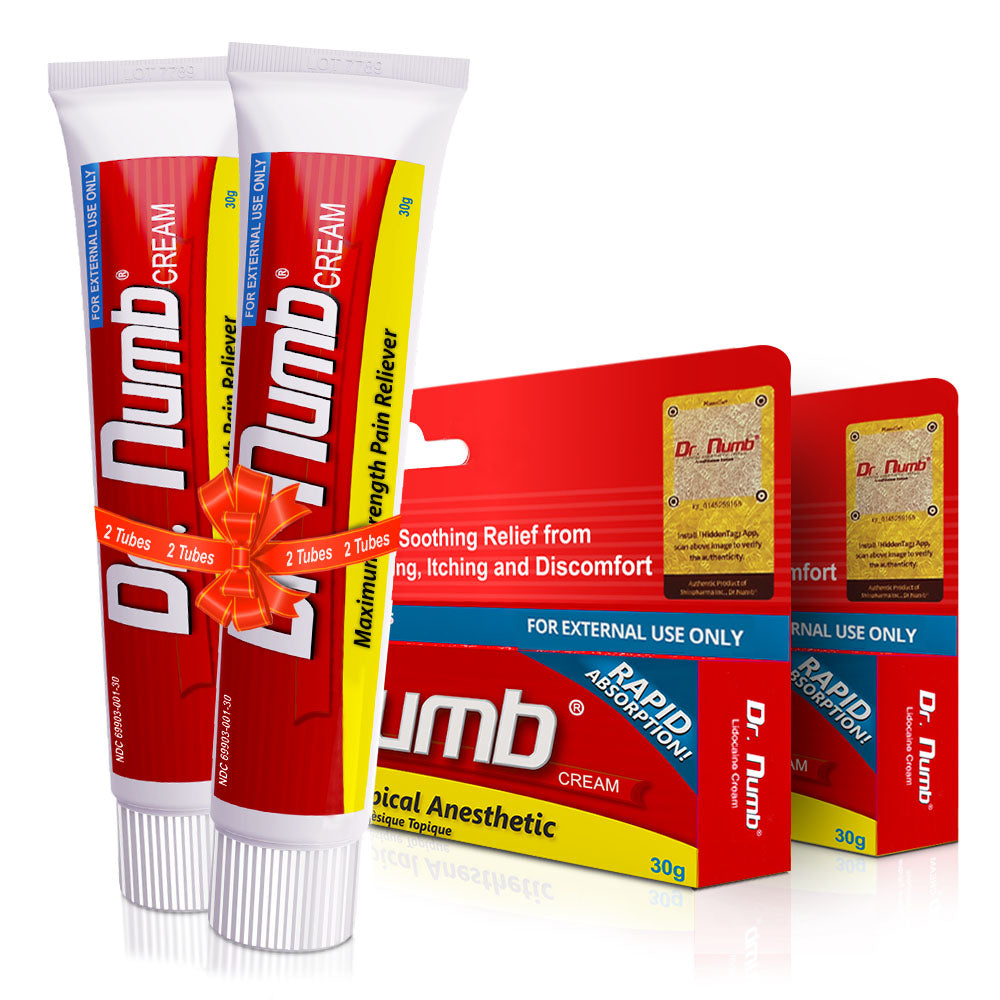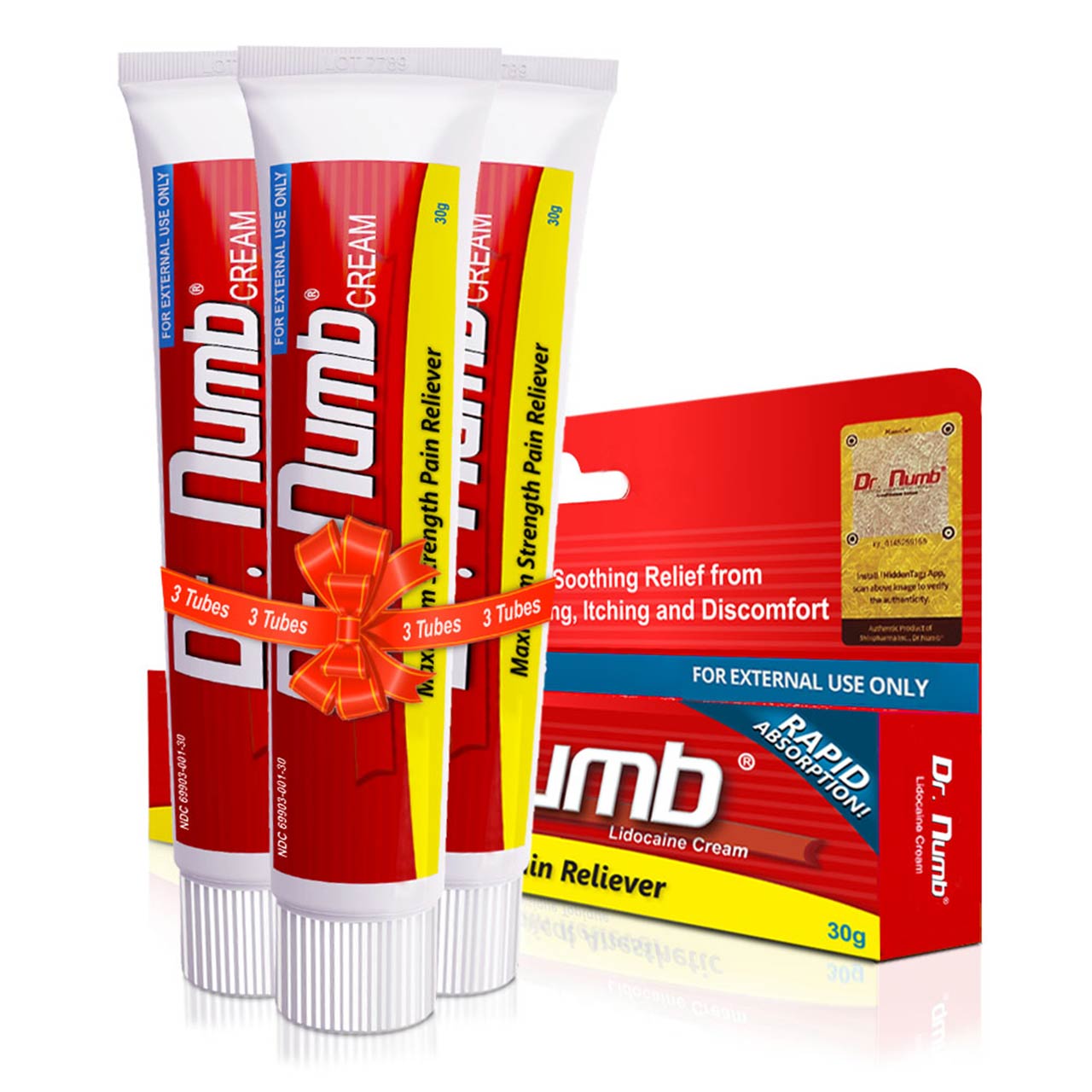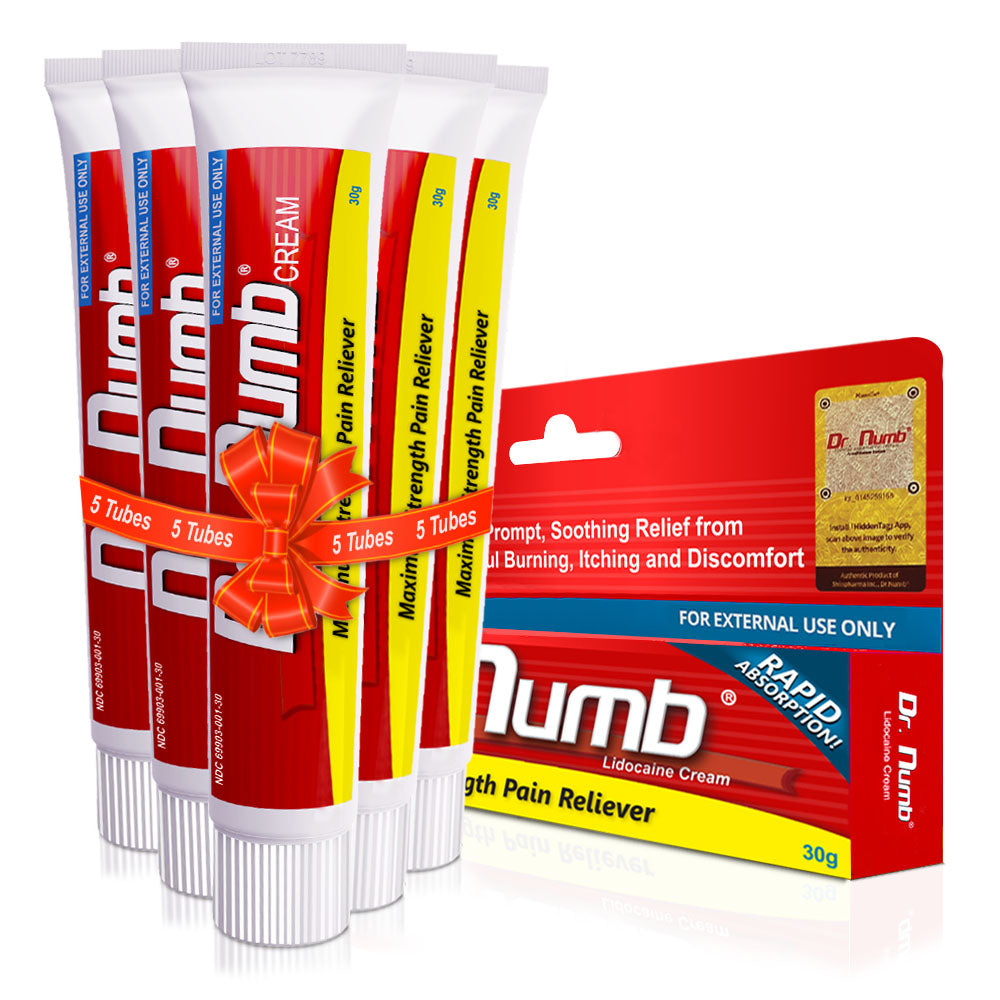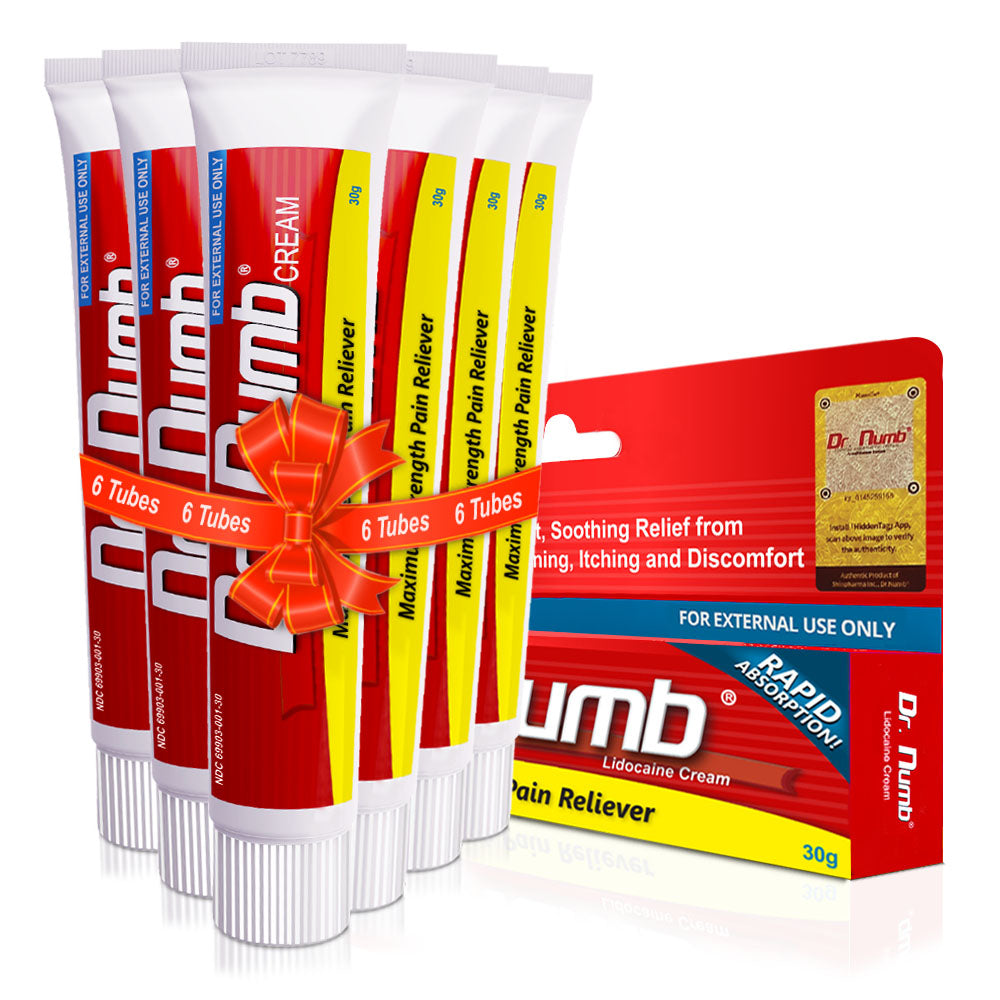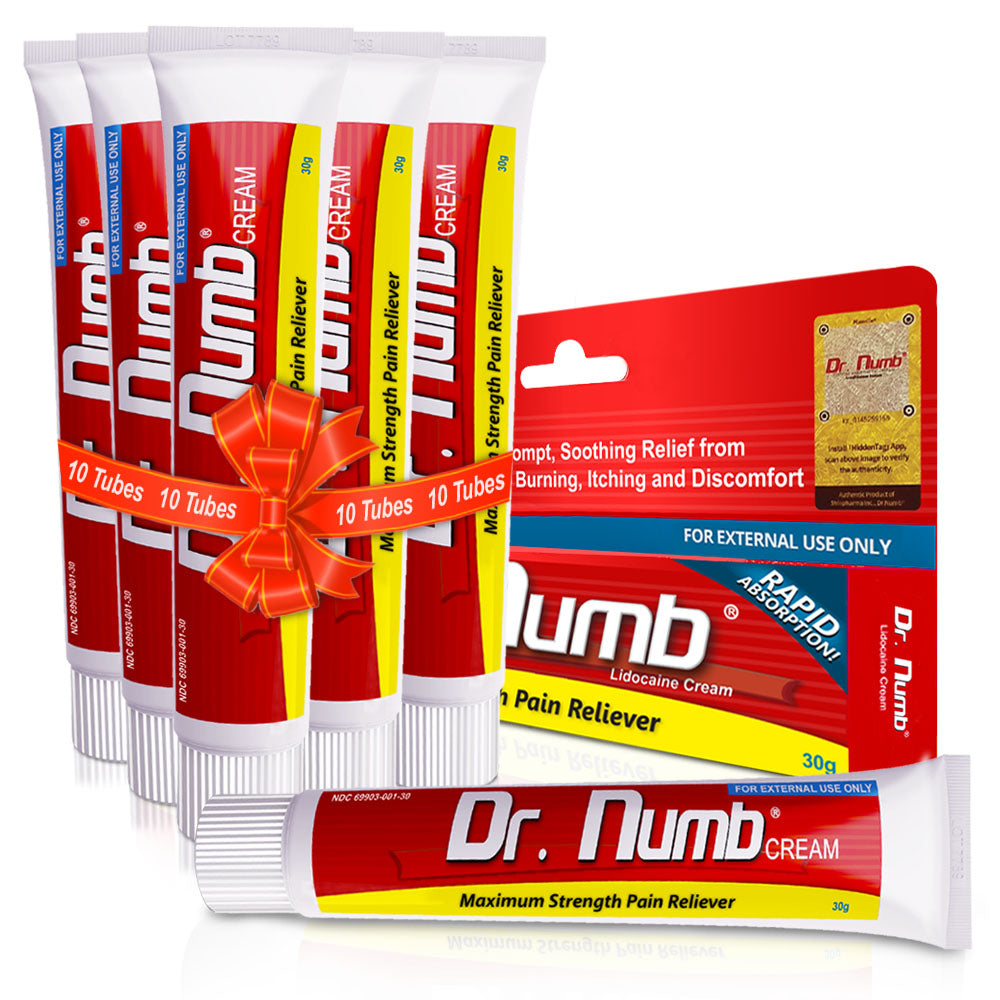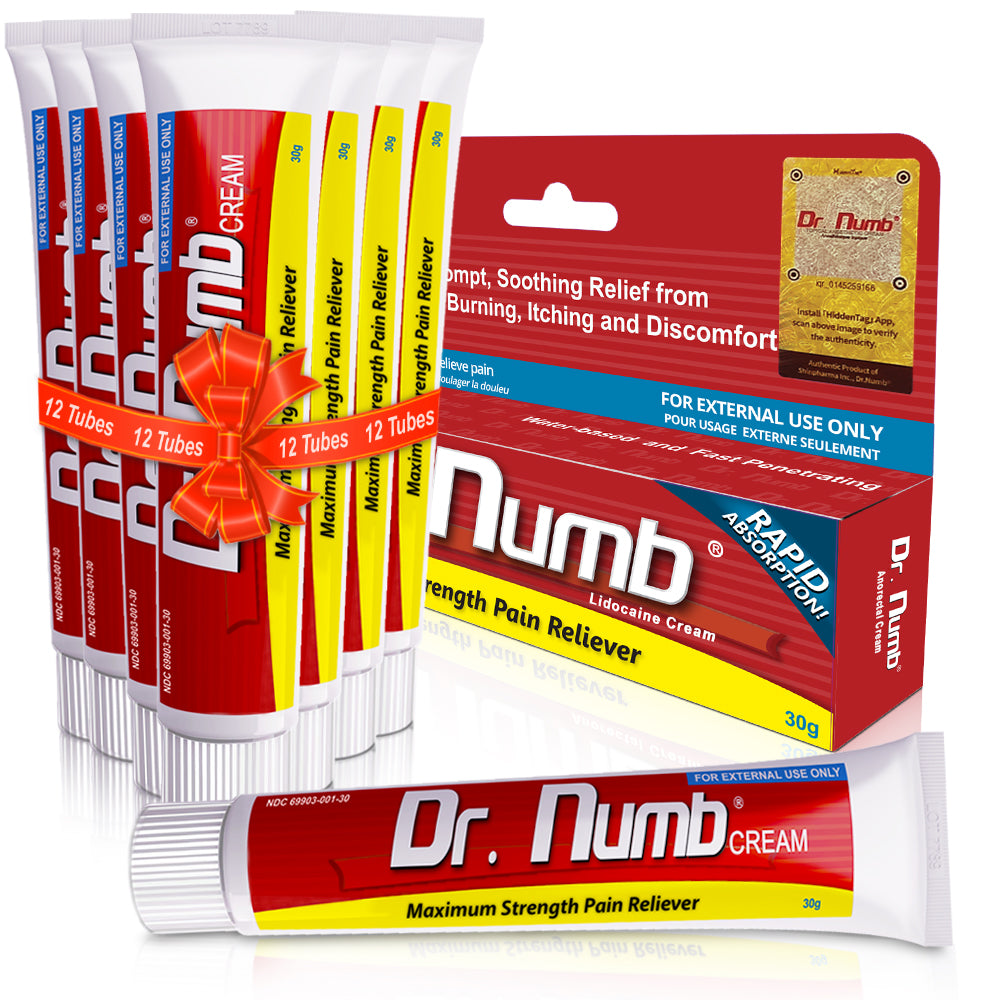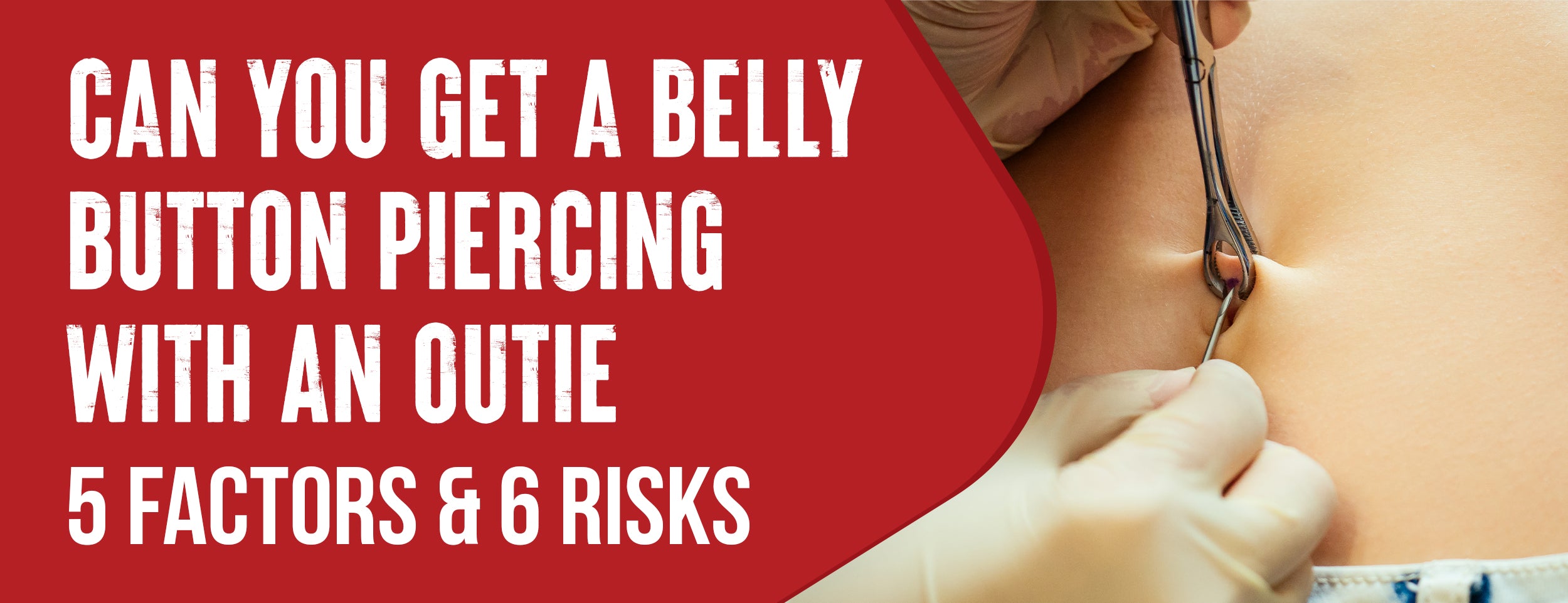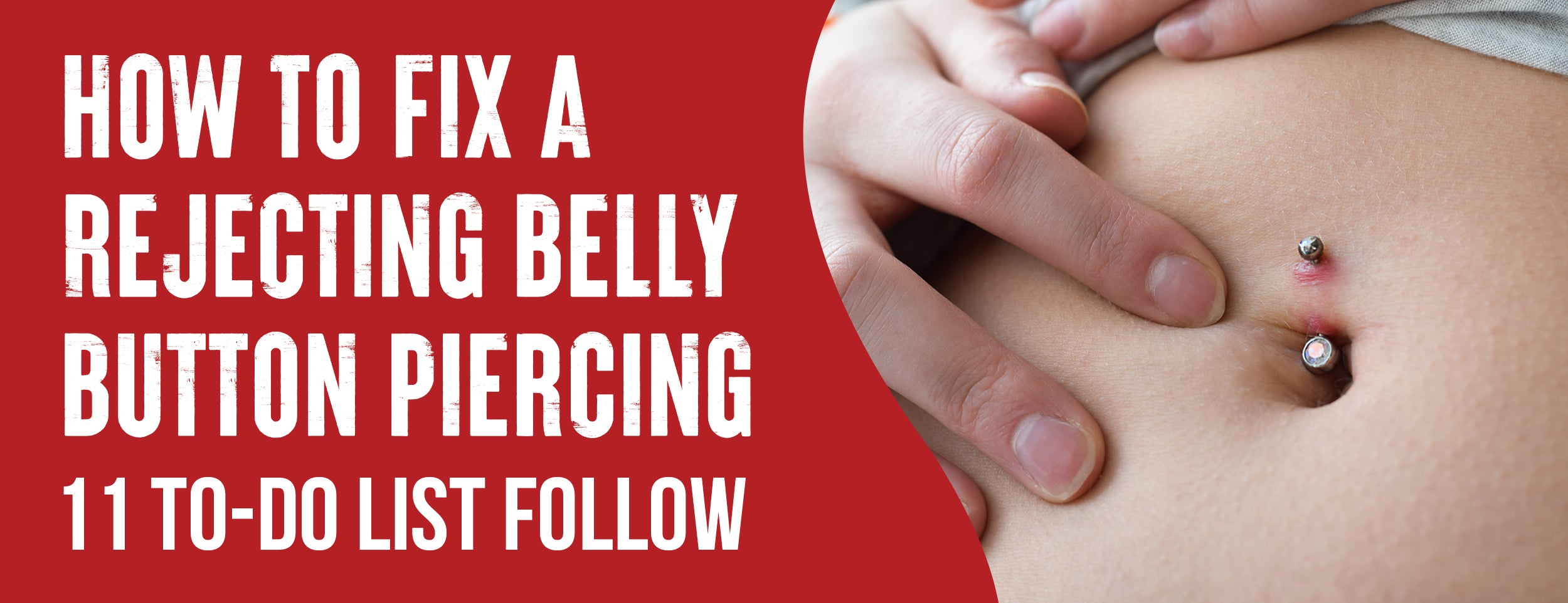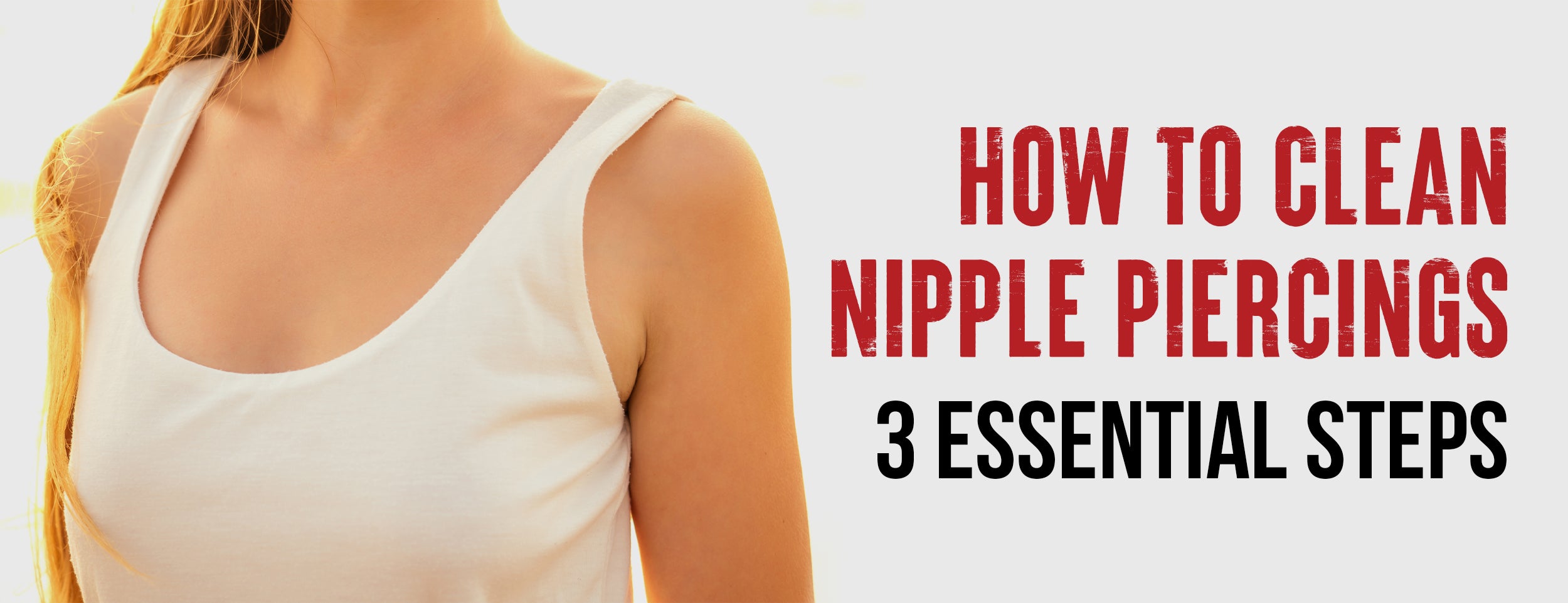Bleeding is also common during or after the procedure, especially if the septum is pierced, which can lead to a hematoma. Hematoma is a blood-filled swelling that can get infected or cause deformity to the nose.
A piercing smell is caused by dead cells mixing with the body's sebum, a natural oil. Healthy discharge can trap dead skin cells, bacteria, and organic material, which can cause an unpleasant odor. An unpleasant odor can result from failing to follow aftercare instructions from the piercer.
In this blog post, we explain common reasons your nose piercing smells and tips to prevent smelly nose piercings.
Why Does My Nose Piercing Smell: 7 Common Reasons
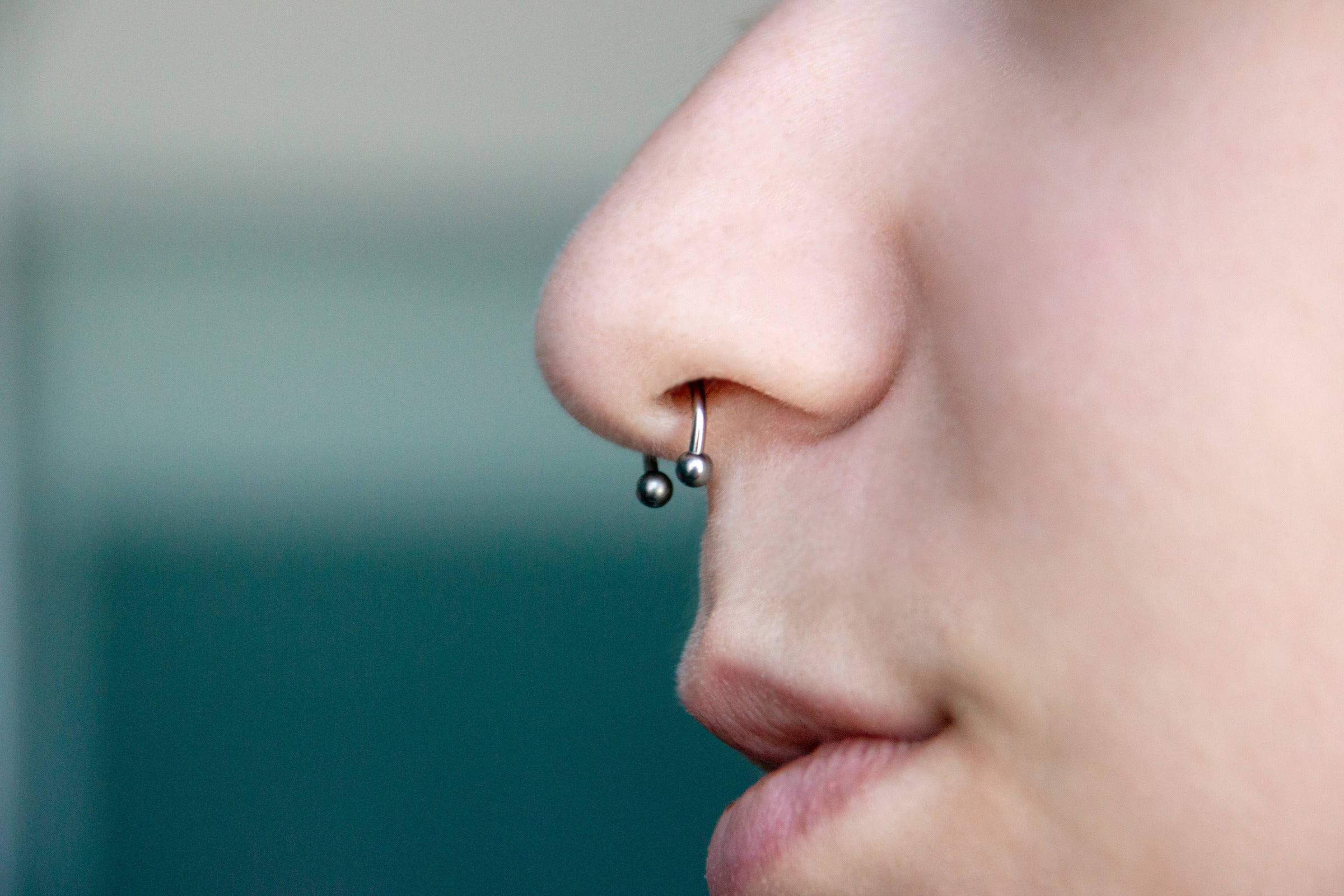
Nose Piercing requires proper care and attention. A common issue that some people face is a foul smell emanating from the piercing site. This can be off-putting and concerning. It's usually not a severe problem and can be fixed quickly. One reason you might smell after getting a nose piercing:
Poor Aftercare
The most common cause of nose piercing smell is poor aftercare. After getting your nose pierced, you need to follow your piercer's instructions on cleaning and caring for your piercing. This usually involves washing your piercing twice daily using sterile saline solution or mild soap and water and avoiding touching or picking at your piercing.
Tea Another home remedy is tea tree oil. Combine a few drops in coconut or jojoba oil, then apply using a cotton swab. Natural antibacterial properties help eliminate harmful bacteria that cause unpleasant odors.

Harsh Cleaning Methods or Products
Harsh cleaning methods or products can also cause a nose-piercing smell. It is common for some people to think that alcohol, peroxide, or ointments will speed up the healing process or prevent infection from their piercings. However, these products irritate the piercing and cause more harm than good. They can dry out your skin, damage your tissue, and disrupt the natural balance of your skin. It can also smell unpleasant.
Infections
Infections are another cause of the nose-piercing smell. If your piercing gets infected, it can produce pus, which has a foul odor. Redness, swelling, pain, bleeding, and fever can also be symptoms of certain conditions.
A piercing can become infected if you do not clean it properly, use unsterile jewelry or equipment, or have an allergic reaction to the metal in the jewelry. When you suspect an infection, consult your doctor or piercer immediately.
Location of Nose Piercings Can Cause Bad Smells
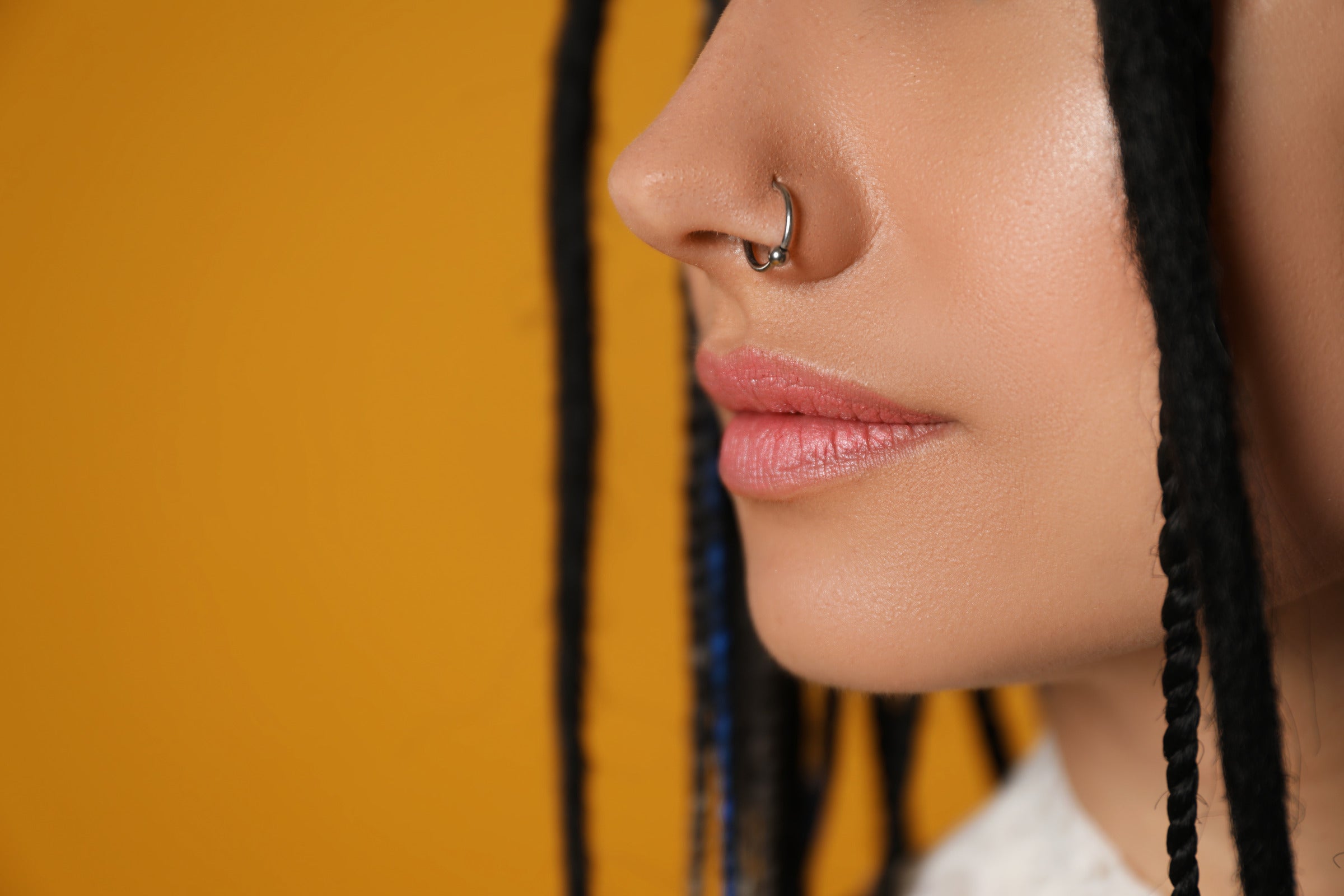
The area of your piercing can also affect the nose-piercing smell. It's part of your respiratory system, so air, moisture, and mucus constantly come into contact with it. These factors may facilitate the growth of bacteria and produce an unpleasant odor.
Since your nose is close to your mouth, it can also change the smell of your piercing. For example, lousy breath, smoking, or eating spicy food can give you a bad smell.
Bacterial Growth
Bacterial growth is another cause of nose piercing smell. Bacteria are naturally present on your skin but can multiply and cause problems if they are not kept in check. Bacteria can feed on the dead skin cells, sebum, and other debris that accumulate around your piercing site, producing waste products with an unpleasant smell. Bacterial growth can also lead to infections, which can worsen the smell.

Accumulation of Dead Skin Cells
The proliferation of dead skin cells can cause an unpleasant smell from a nose piercing. As your skin naturally sheds old cells and replaces them with new ones, some of these dead cells can get stuck in the piercing hole or on the jewelry, leading to a buildup that emits a foul odor. This is common if you have a nose ring, as the loop in the jewelry can make it easier for dead skin cells and bacteria to become trapped.
Poor Jewelry Quality
Poor quality of jewelry can cause a piercing smell. Cheap or low-quality jewelry may contain harmful metals and chemicals causing irritation or allergies, leading to an unpleasant odor. The quality of jewelry can affect its fit and shape, making it difficult to clean and more susceptible to accumulating dirt and bacteria.
Therefore, you should always opt for high-quality jewelry made of hypoallergenic materials such as titanium, surgical steel, or gold. You must also select jewelry that is appropriate in size and form and easy to clean.
7 Prevention Tips For Smelly Nose Piercings

Proper care and hygiene are necessary to avoid unpleasant issues such as foul odors for body modifications like nose piercings. Follow these tips if you notice any odor from your nose piercing.
Make Sure to Clean Your Piercing
Your nose piercing should be cleaned regularly and properly to prevent smelly nose piercings. Cleaning your piercing will remove dirt, bacteria, and dead skin cells that can cause a terrible smell. It will also prevent irritations and infections.
To clean your piercing, follow the instructions given by your piercer. Usually, clean your piercing twice a day with a sterile saline solution or mild, unscented soap and water. You should use a cotton ball, swab, or clean cloth to wash the area around your piercing and rinse well gently. You should avoid using harsh chemicals, alcohol, peroxide, or ointments on piercings to avoid irritation and more odors.

Keep Your Piercing Dry Outside of Cleaning and Showering
You can prevent smelly nose piercings by keeping your piercing dry other than when cleaning and showering. Moisture can promote bacterial growth and odor, so avoid trapping moisture around your piercing site. You should dry your piercing thoroughly after cleaning and bathing, and avoid swimming, soaking, or sweating excessively with your piercing.
You should also avoid covering your piercing with bandages, tape, or clothing, as these can trap moisture and dirt and cause an unpleasant smell. You should let your piercing breathe and heal naturally and avoid any pressure or friction on your piercing site.
Don’t Put Makeup or Sunscreen on the Piercing
The best way to prevent smelly nose piercings is to avoid putting makeup or sunscreen on them. Makeup and sunscreen can clog your piercing hole and stop it from healing properly. They can also contain chemicals or ingredients that cause allergic reactions. This can also cause a bad smell.
You should keep your piercing site free of products not meant for your piercing. You should only use products your piercer or doctor recommends, such as saline solution. You should also avoid spraying perfume or cologne on or near your piercing, as these can irritate your skin and cause a bad smell.
Don’t Touch Your Healing or Old Piercing
Touching your piercing can transfer bacteria and dirt from your hands to your piercing site and cause an unpleasant smell. It can also cause infections and irritations that can worsen the smell.
You should only touch your piercing when cleaning it, and always wash your hands before and after. You should also avoid playing with your jewelry, which can move your piercing and delay healing. You should leave your jewelry in place until your piercing is fully healed and only change it with sterile jewelry suitable for your piercing.
Don’t Over-Clean Your Skin
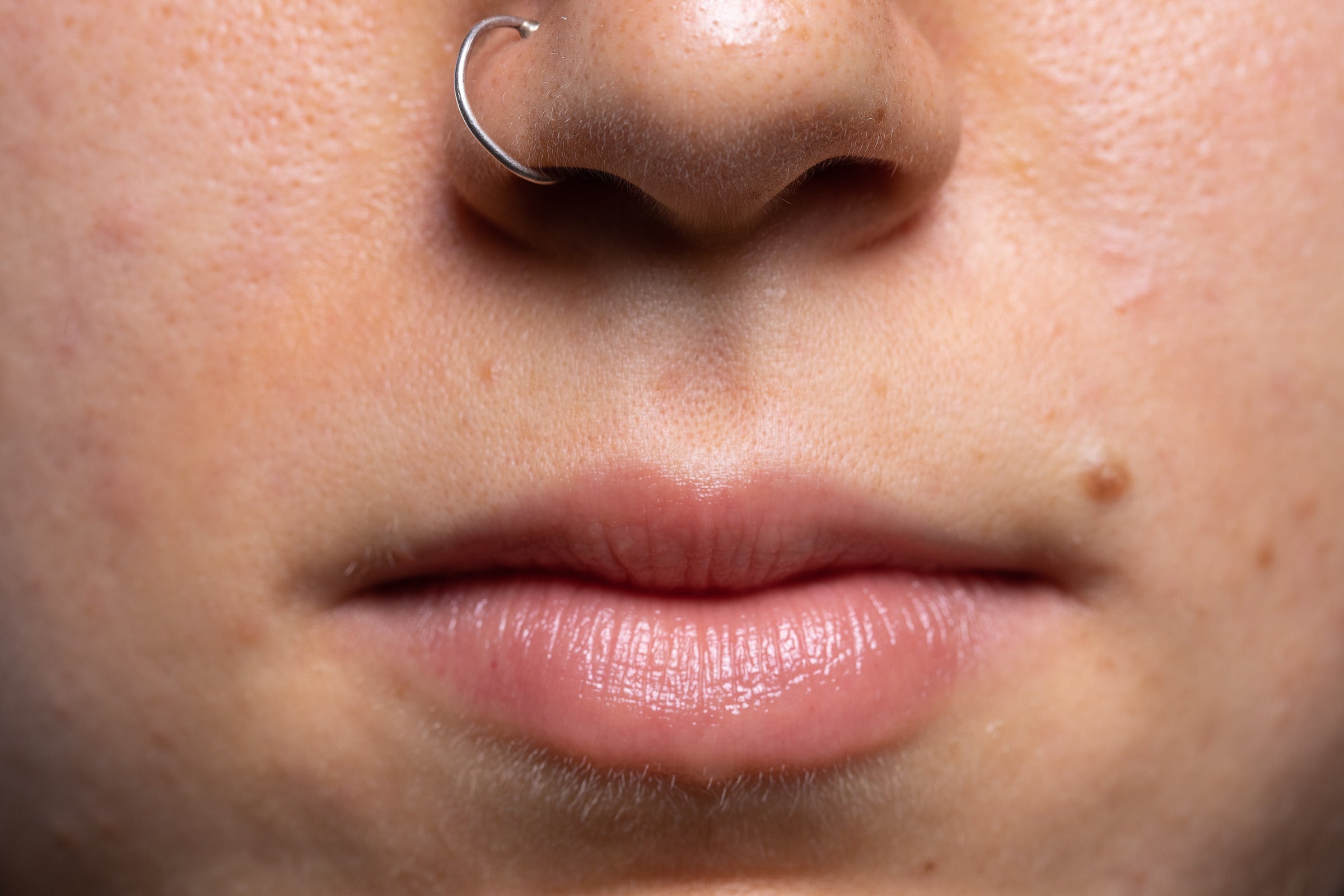
Over-cleaning your skin removes the natural oils and moisture that protect it from bacteria and infection. This can also cause an unpleasant smell, as the skin produces more oil to replace lost moisture. Over-cleaning your skin can also damage your skin barrier and make it more sensitive and prone to irritation.
You should clean your skin gently and moderately and use products that are mild and suitable for your skin type. You should avoid scrubbing, exfoliating, or peeling your skin around your piercing site, as this can cause inflammation and scarring.
You should also avoid using drying products, such as alcohol, astringents, or toners, as these can also cause a foul smell.

Be mindful of the jewelry you choose
A sixth tip for preventing smelly nose piercings is to be aware of the jewelry you choose. The jewelry you wear can affect the smell of your piercing, as some materials can cause allergic reactions, infections, or irritation. These smell bad, too.
You should always choose jewelry that is high quality, hypoallergenic, and suitable for your piercing type and size. You should avoid cheap, low-quality jewelry containing harmful metals or chemicals like nickel, lead, or cadmium. You should also avoid too tight, loose, or heavy jewelry, as these can cause pressure, friction, or tearing on your piercing site.
Some of the best materials for nose piercing jewelry are titanium, surgical steel, or gold, as these are durable, safe, and easy to clean.
You should also choose jewelry that is comfortable to clean, such as studs, hoops, or rings. You should avoid complex, intricate, or hard-to-clean jewelry, such as barbells, spikes, or charms.
Use Facial Products With Caution
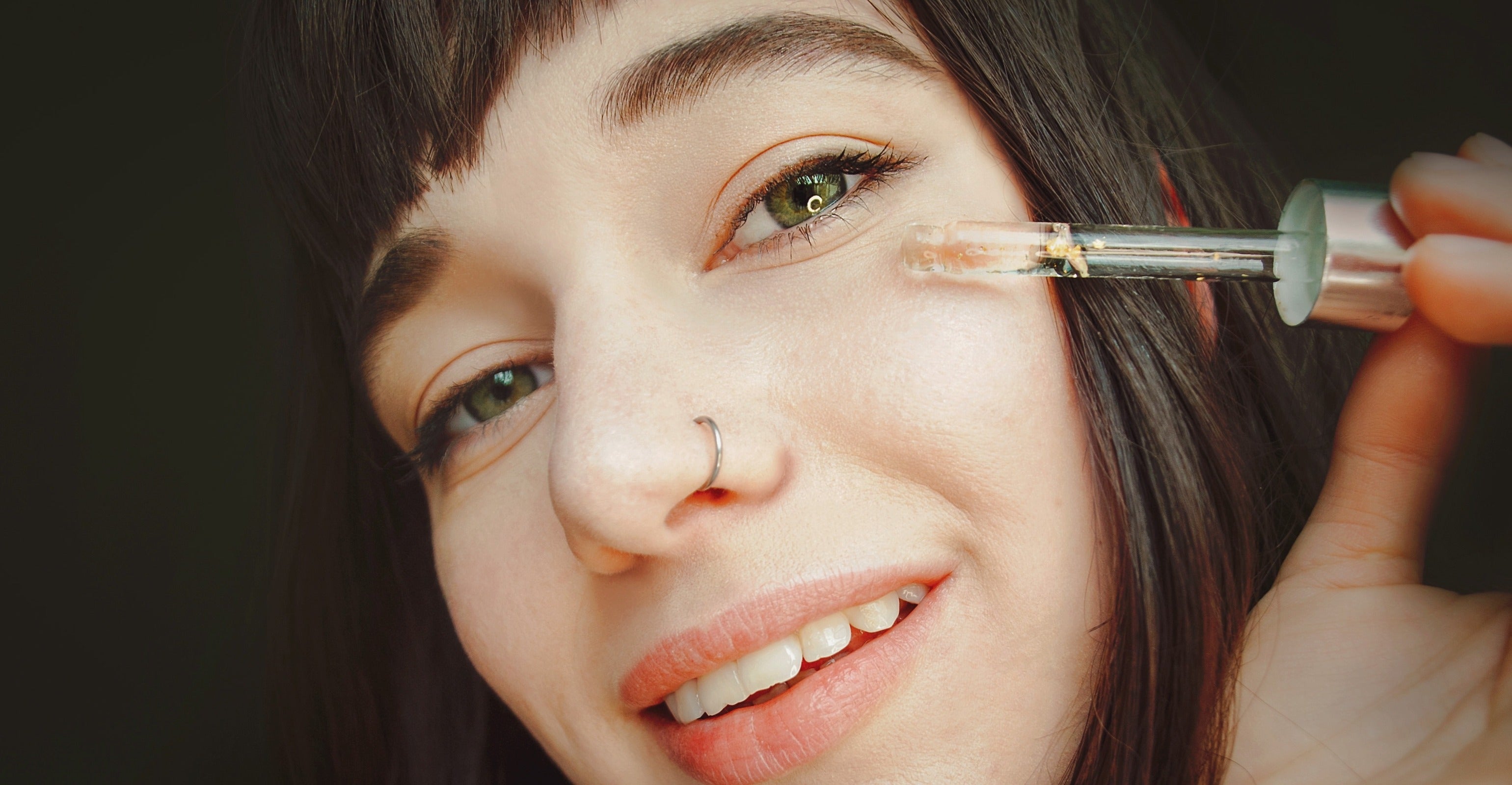
Use facial products cautiously to prevent smelly nose piercings. Facial products, such as moisturizers, cleansers, masks, or serums, can benefit your skin but also affect your piercing. Some facial products contain ingredients or chemicals that irritate the skin or cause allergic reactions. These can also cause bad smells.
You should use gentle and gentle facial products for your skin type. You should avoid facial products that are harsh, abrasive, or contain alcohol, fragrance, or artificial colors.
You should also avoid applying facial products directly on or near your piercing site, as these can clog your piercing hole or interfere with healing. You should apply facial products carefully and sparingly and avoid getting them on your piercing.
Conclusion
Your nose piercing might smell due to poor maintenance, harsh cleaning methods, infections, the piercing's location, bacterial growth, dead skin cells, or poor jewelry quality.
If you follow proper piercing maintenance and hygiene, such as regular cleaning, keeping the piercing dry, and avoiding applying makeup or sunscreen.
Also, by Avoiding touching it frequently, not over-cleaning your skin, choosing the right jewelry, and exercising caution with facial products, you can successfully prevent smelly nose piercings. Remember, your piercing deserves love and care to keep it smelling fresh and ensure its healthy healing process.



